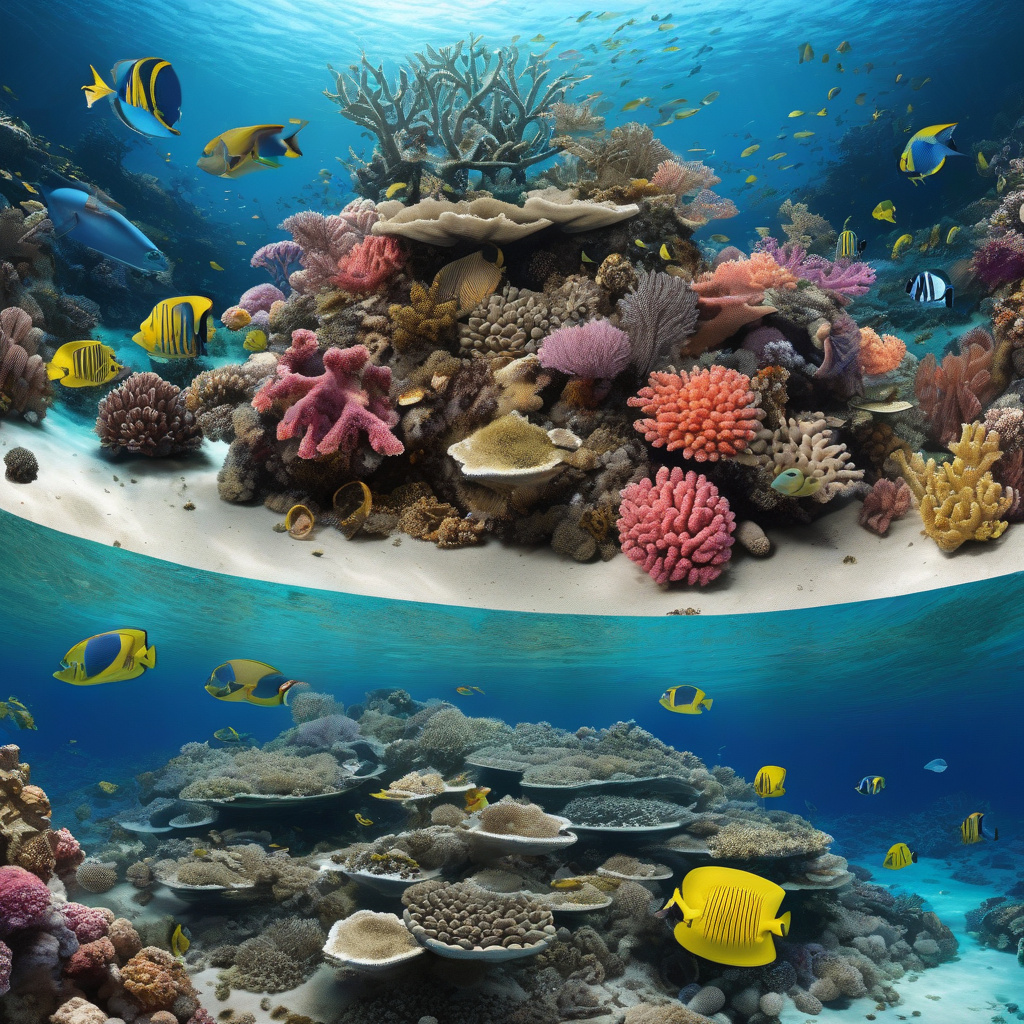Nickel mining for EV batteries threatens ‘Amazon of the seas’
The race towards sustainable energy solutions, particularly electric vehicles (EVs), has brought to light a concerning trade-off. The very metals crucial for powering these clean technologies are now endangering one of the planet’s most diverse marine ecosystems. Recent revelations from environmental advocates at Global Witness have shed light on the alarming impact of nickel mining on what is often referred to as the ‘Amazon of the seas’.
The urgency to meet the soaring global demand for nickel, a key component in EV batteries, has led to a surge in mining activities. This heightened extraction poses a significant threat to marine life and biodiversity in the affected regions. The consequences of this unchecked pursuit of resources could be devastating, potentially irreversibly altering delicate ecosystems that have thrived for centuries.
The Amazon of the seas, renowned for its unparalleled biodiversity and unique marine species, is now at a critical crossroads. The stark drone images shared by Global Witness serve as a poignant reminder of the delicate balance between technological progress and environmental preservation. As the world pivots towards cleaner energy solutions, it is imperative to ensure that this transition does not come at the cost of irreparable harm to our planet’s natural wonders.
Efforts to mitigate the environmental impact of nickel mining must be prioritized to safeguard the Amazon of the seas and other vulnerable ecosystems. Sustainable mining practices, stringent regulations, and proactive conservation measures are essential to strike a balance between resource extraction and ecological preservation. Collaboration between governments, industries, and environmental organizations is paramount in finding holistic solutions that support both technological advancement and environmental stewardship.
In the quest for a greener future powered by EVs, it is crucial to acknowledge the interconnectedness of our actions and their far-reaching consequences. The choices we make today, particularly in resource extraction for clean technologies, will shape the environmental landscape for generations to come. By raising awareness, advocating for sustainable practices, and fostering a collective commitment to conservation, we can strive towards a future where progress coexists harmoniously with nature.
As we navigate the complexities of sustainable development in the age of electric vehicles, let us not forget the invaluable ecosystems that sustain life on Earth. The Amazon of the seas stands as a poignant symbol of the delicate balance we must uphold, reminding us that progress must always be mindful of its environmental footprint. Let us tread lightly, innovate responsibly, and ensure that our pursuit of a cleaner future does not come at the cost of our planet’s irreplaceable natural wonders.

